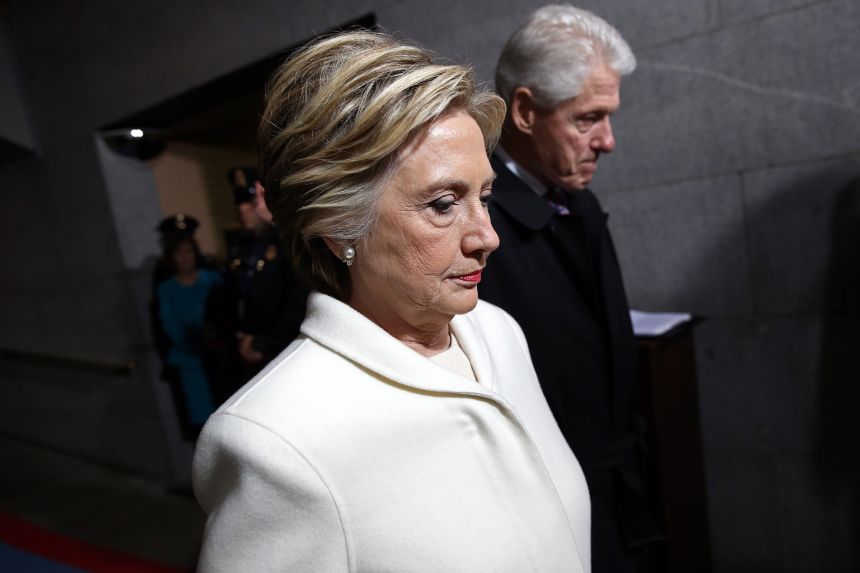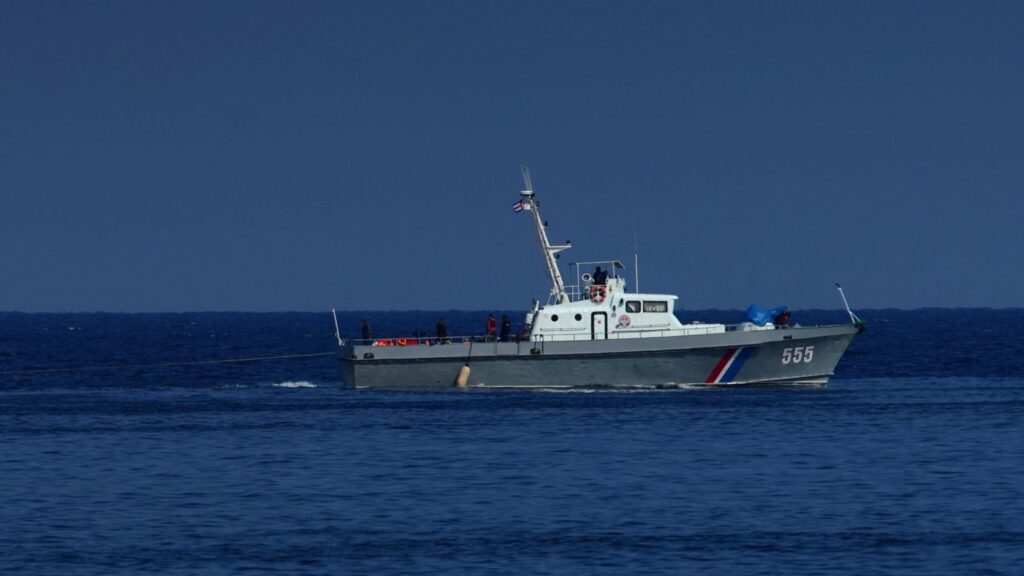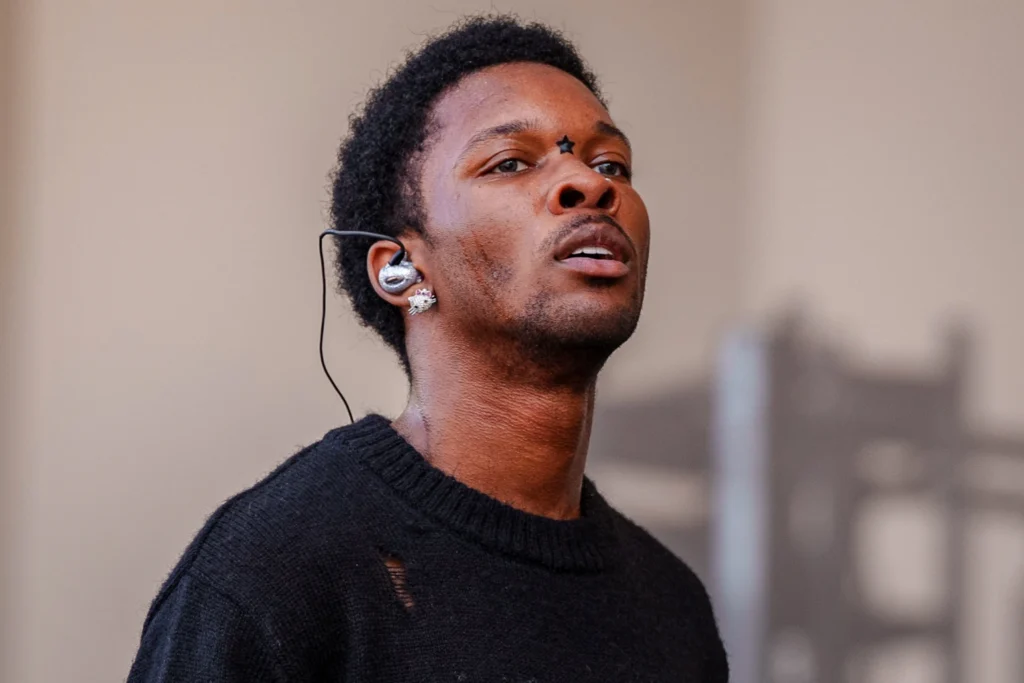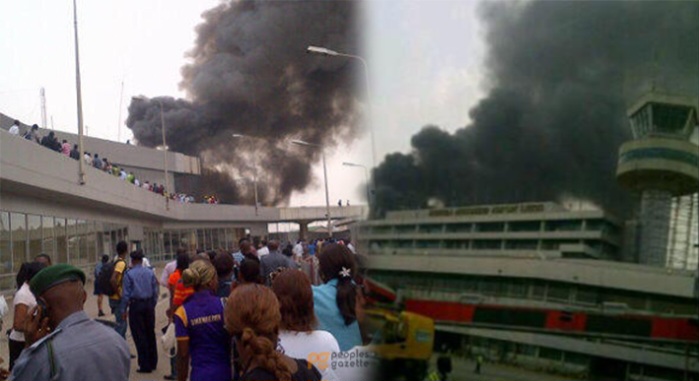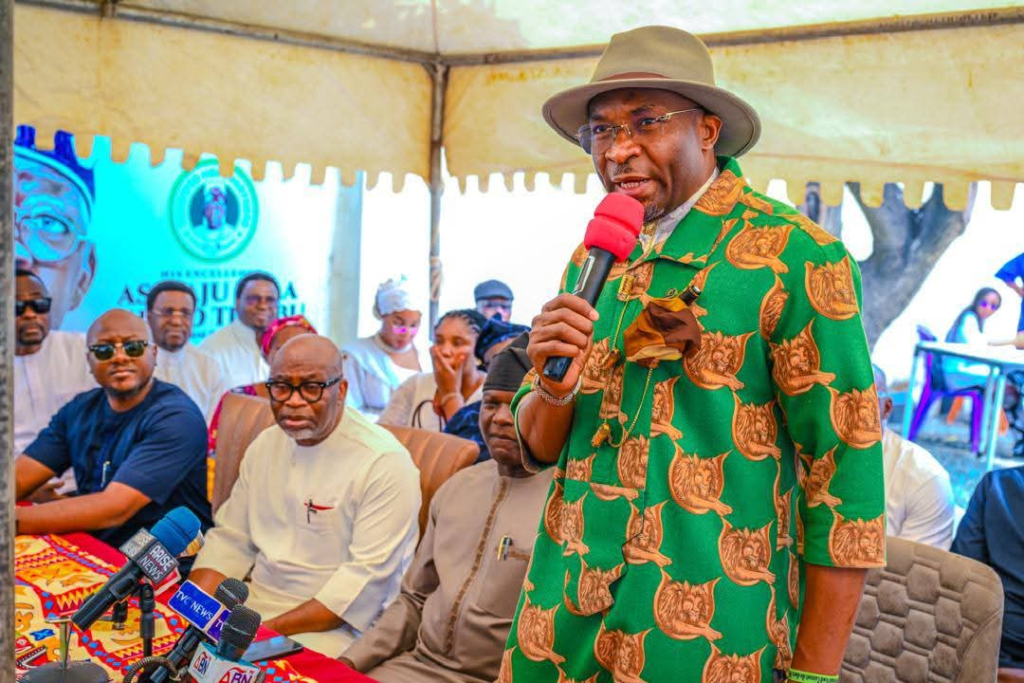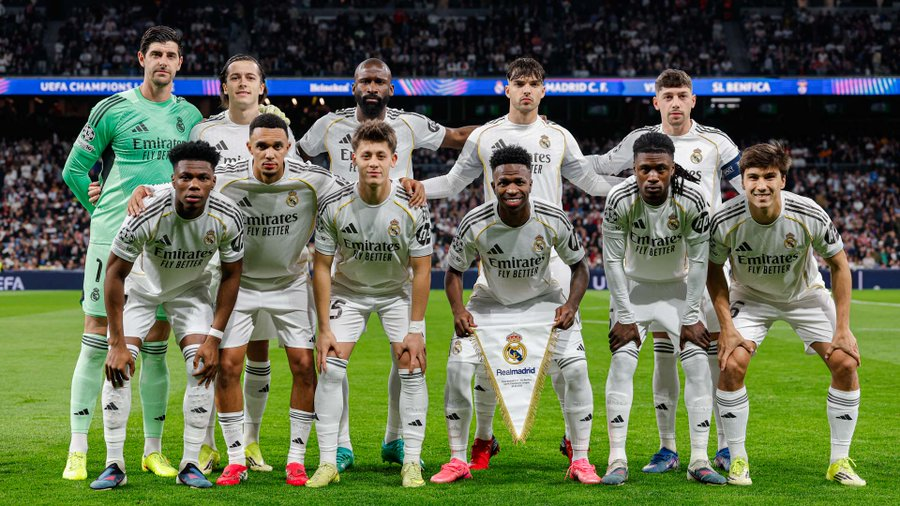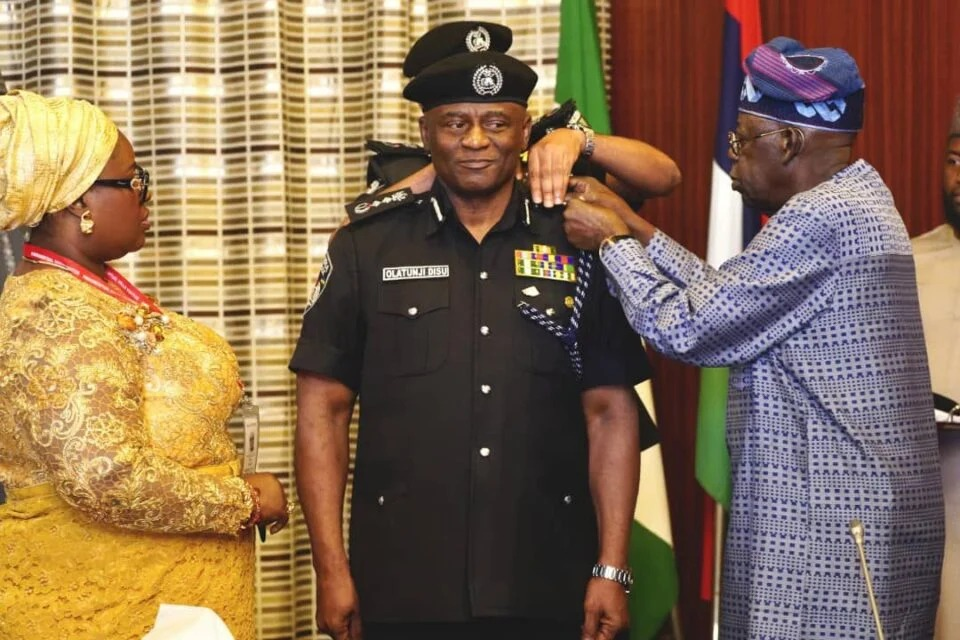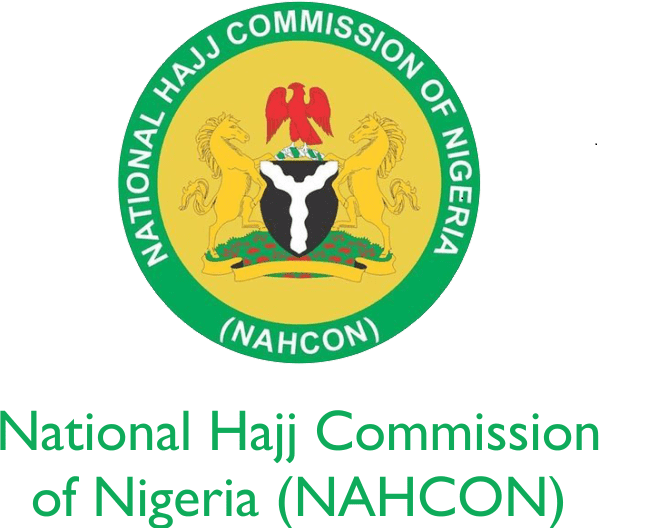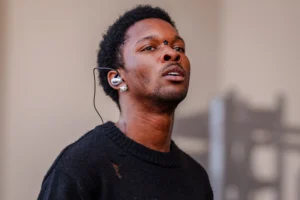Vietnamese President To Lam and Russian President Vladimir Putin have expressed a mutual desire to enhance their bilateral relationship during a meeting in Hanoi. President Lam commended Mr. Putin on his recent re-election, while Mr. Putin emphasized that reinforcing the strategic partnership with Vietnam is a top priority for Russia.
This visit to Vietnam follows President Putin’s high-profile trip to North Korea, signaling the diplomatic support Russia maintains in the region. “Congratulations to our comrade for receiving overwhelming support during the recent presidential election, underlining the confidence of the Russian people,” President Lam stated during the red carpet welcome.
The United States has criticized the visit, accusing it of providing a platform for President Putin to promote his aggressive stance in Ukraine. Despite these tensions, Vietnam values its historic ties with Russia, while also striving to improve relations with Europe and the US.
Vietnam’s relationship with Russia dates back to the 1950s, when the Soviet Union provided crucial military, economic, and diplomatic support to North Vietnam. This deep-rooted connection is symbolized by a five-meter-high statue of Lenin in Hanoi, where Vietnamese officials lay flowers annually to honor the Russian revolutionary.
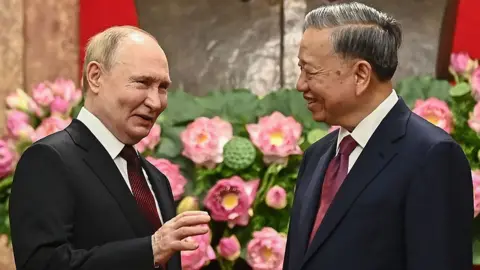
The ties between Vietnam and Russia have been described as “filled with loyalty and gratitude.” After Vietnam’s 1978 invasion of Cambodia to overthrow the Khmer Rouge, it faced isolation and sanctions from China and the West, relying heavily on Soviet aid. Many senior Vietnamese officials, including Communist Party Secretary-General Nguyen Phu Trong, studied in Russia and speak the language.
Today, while Vietnam’s economy is integrated into global markets with stronger trade ties to China, Asia, the US, and Europe, it still primarily uses Russian-made military equipment and collaborates with Russian oil companies for exploration in the South China Sea.
The invasion of Ukraine has posed a significant diplomatic challenge for Vietnam, one it has managed to navigate carefully. Vietnam has abstained from voting on various United Nations resolutions condemning Russia’s actions while maintaining good relations with Ukraine and even sending some aid to Kyiv. This balanced approach reflects Vietnam’s long-standing foreign policy principles of fostering friendly relations with all nations while avoiding formal alliances—a strategy the communist party leadership now terms ‘bamboo diplomacy.’ This approach allows Vietnam to bend with the winds of great power rivalry without being forced to take sides.
Vietnam’s adept diplomatic maneuvering is also evident in its upgraded relations with the US, a former adversary, to seek lucrative markets for Vietnamese exports and balance its close ties with China. Despite US objections to President Putin’s official visit to Vietnam, citing that it undermines international efforts to isolate him, the visit is not surprising. Vietnam’s special historical links with Russia and a more ambivalent public sentiment on the Ukraine war compared to Europe play a significant role.
In Vietnam, there is some admiration for Putin as a strongman who defies the West, and social media commentary has fueled skepticism towards US and European claims of upholding international law. This sentiment is echoed in other Asian countries, where the Ukraine war is seen as a distant crisis. For example, in Thailand—a historic US military ally with a divided public opinion on the Ukraine conflict—there are valued historical links between its monarchy and the pre-revolutionary Tsars of Russia. Thailand maintains close ties with Russia today, appreciating the contributions of millions of Russian tourists to its economy.
Vietnam’s future relationship with Vladimir Putin remains uncertain. The country is already exploring alternative sources for military equipment, although ending its dependence on Russia will take years. Recent high-level resignations within the communist party suggest intense internal rivalries over the next generation of leaders and potentially over the country’s future direction. However, there is no indication that Vietnam will abandon its ambition of being friends to all and enemies to none.


